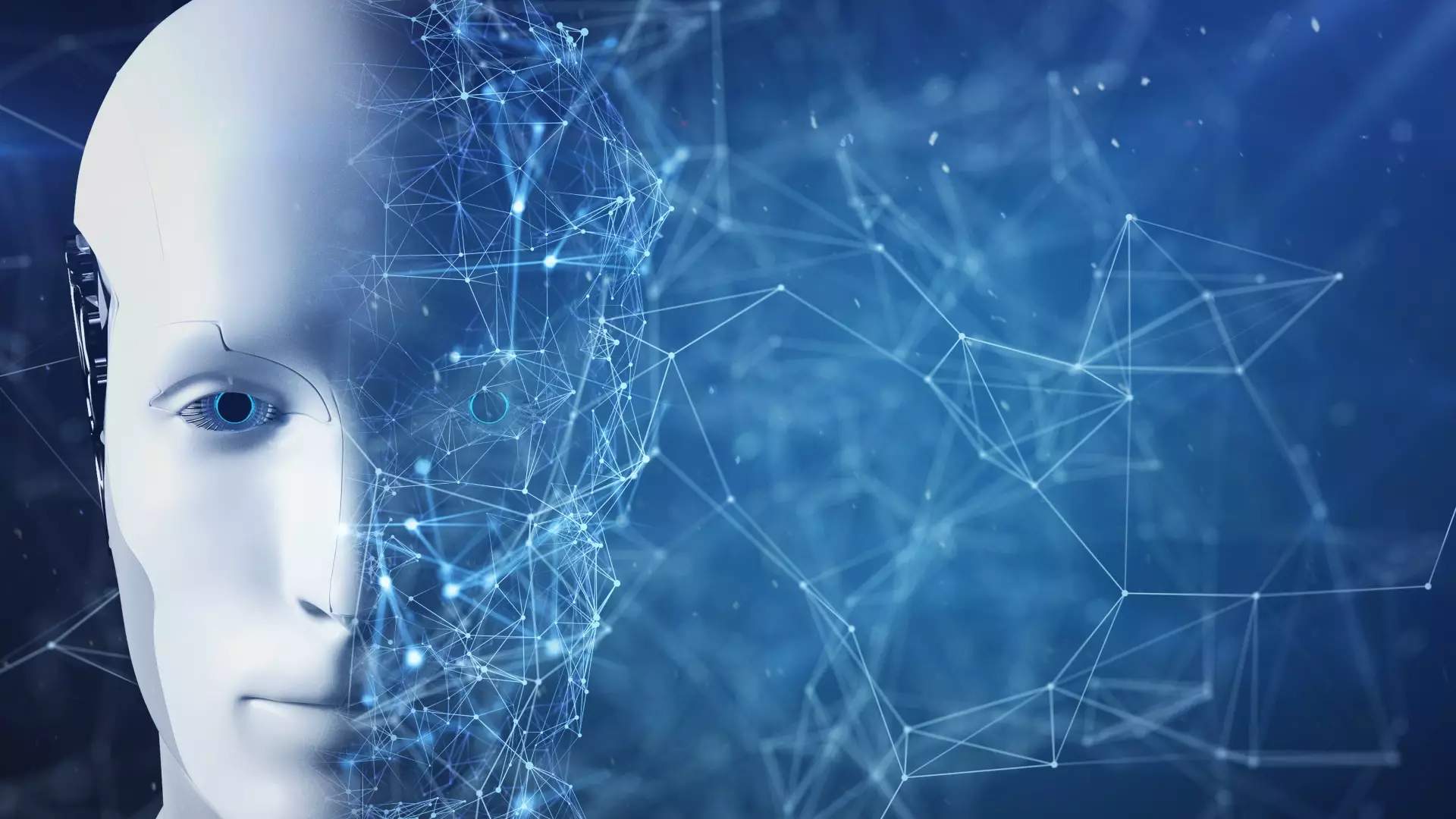In the pantheon of human innovation, technology stands as both a beacon of progress and a cautionary tale. From the wheel to the internet, each paradigm shift serves as a reminder that our creations can be wielded for constructive or destructive purposes. Artificial Intelligence (AI) embodies this dichotomy more than most forms of technology. It is often romanticized as a sentient force rather than embraced as a mere tool designed to augment human capabilities. When utilized thoughtfully, AI possesses the tantalizing potential to revolutionize our approach to education.
Recently, China’s emphasis on integrating AI into its educational framework has sparked conversations worldwide. The country is poised to adopt machine learning to enhance teaching methodologies and develop resources across various educational levels. This development reflects a broader ambition: transforming China into a “strong-education nation” by the year 2035. The Ministry of Education’s optimism stems from AI’s capability to refine both instruction and learning, thereby cultivating essential skills not only for students but also for educators.
Embracing Individualized Learning
The promise of AI in education lies prominently in its potential for personalization. Traditional classrooms are often overburdened with the challenge of meeting diverse student needs. The unique capacities of AI, particularly in analyzing extensive data sets, could lead to a more responsive and individualized learning experience. Instead of a one-size-fits-all approach, AI could tailor educational content to suit the differing pace and style of each student.
Examples abound where technology has already made strides in personalized education. Adaptive learning platforms utilize algorithms to assess a student’s comprehension in real time, modifying lessons to ensure understanding before progressing. As AI systems evolve, they could refine pedagogical strategies further, advancing practices well beyond traditional methods.
However, the deployment of such transformative solutions is not without reservations. As educators begin to lean into technology as a support system, a careful examination of its limitations is crucial. AI excels at data processing but falters in areas requiring nuanced understanding, such as critical thinking and creative problem-solving. In its current iteration, AI often outputs confidently erroneous information, a phenomenon not just disconcerting but potentially misleading for eager learners.
The Importance of Human Oversight
One significant concern surrounding AI in educational environments is the quality of the algorithms themselves. If AI tools are not meticulously designed and continuously evaluated, they risk perpetuating biases and misinformation. Educators must be vigilant in their role, ensuring that AI acts as a complement to their expertise rather than a substitute for their intuition and insight. A bespoke AI, crafted in collaboration with educational professionals and grounded in a transparent framework, should form the crux of any serious initiative.
Yet the question remains: can global superpowers like China and the United States be trusted to develop such ethical frameworks? The ambition is tantalizing, but disclosure and accountability must be prioritized. Transparency in AI operations is paramount; stakeholders must know how these systems function and how data is utilized.
Ultimately, we stand at a crossroads where the future of education intersects with technology. The evolution of AI has the potential to create a more engaging and effective learning landscape, but this journey necessitates caution. Policymakers and educators alike must champion not only advancements but also ethical standards in the use of AI.
As exploration into this new frontier continues, the world must remain diligent in questioning the motives and methodologies employed in implementing these technologies. Education is a deeply human endeavor, and while AI can support and enhance that process, it must be approached with measured optimism, ensuring that we do not lose sight of the fundamentally human elements that underpin true learning and growth.

